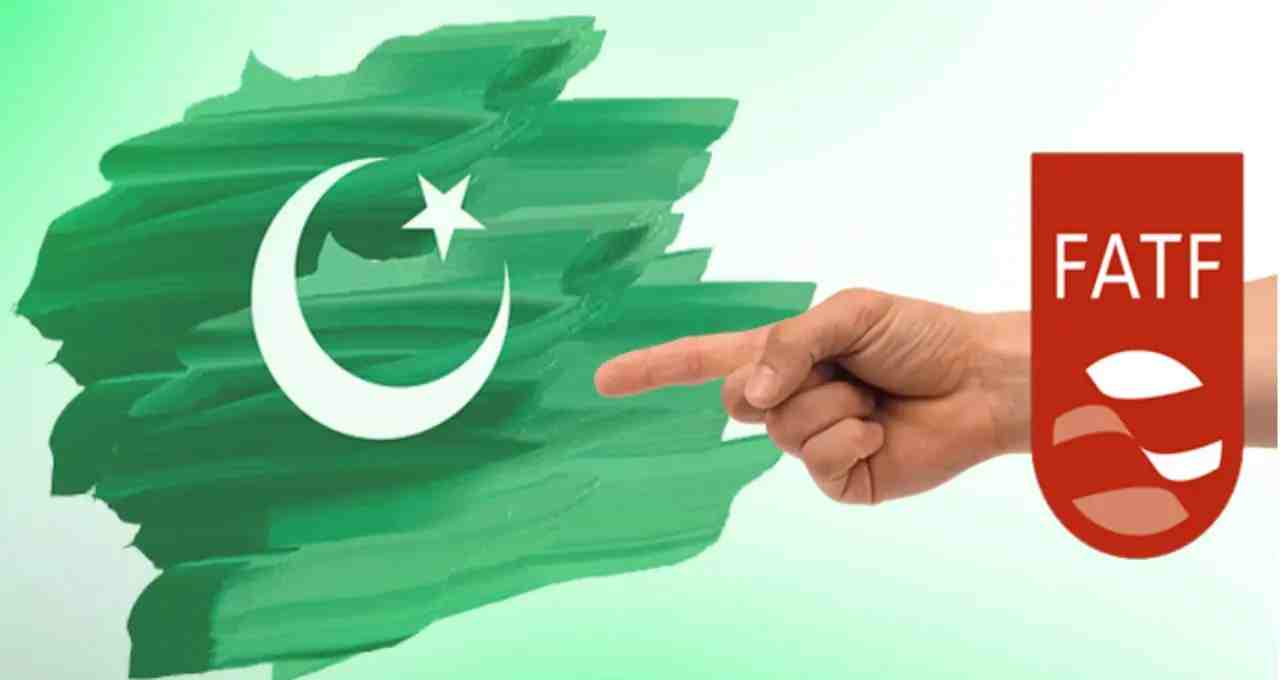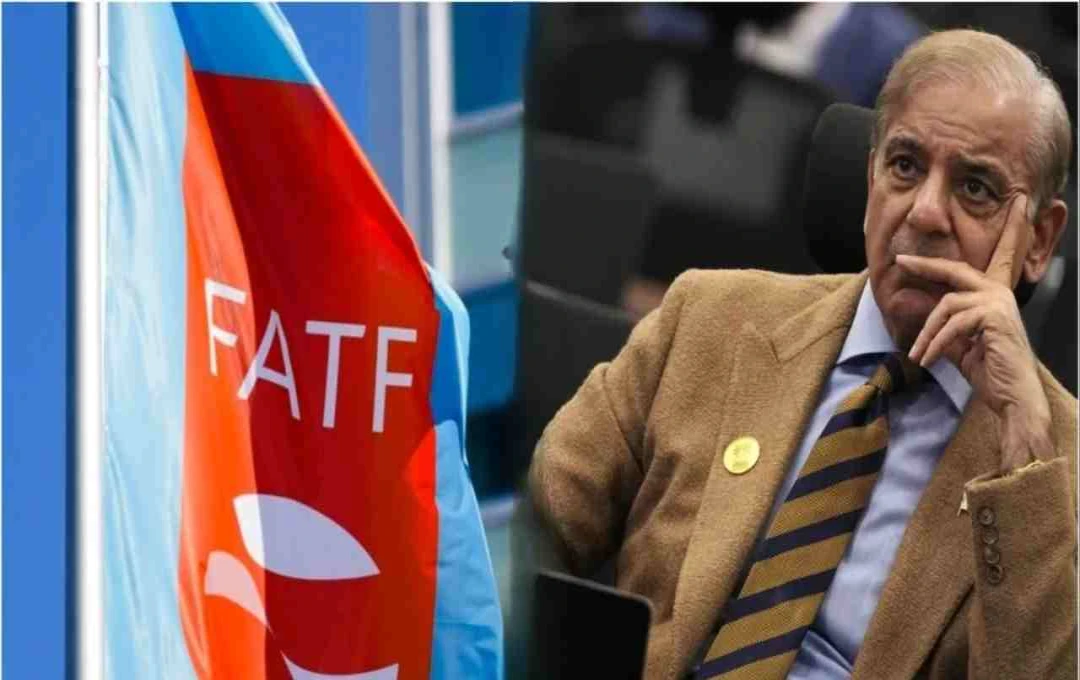The Financial Action Task Force (FATF) has issued a clear warning to Pakistan that its removal from the grey list in October 2022 does not imply that funding for terrorists and money laundering have been permitted.
Islamabad: The economic watchdog, Financial Action Task Force (FATF), has issued a stern warning to Pakistan that "exiting the grey list" in no way permits the financing of terrorism or money laundering. This b message comes at a time when reports from international agencies have revealed that the Pakistan-based terrorist organization Jaish-e-Mohammed (JeM) is adopting new methods to raise funds through digital platforms and e-wallets.
FATF's Stern Comment – 'Monitoring Will Continue'
FATF President Elisa de Anda Madrazo clearly stated in a recent press conference that Pakistan's removal from the grey list in October 2022 does not mean that monitoring of the country has ceased. She said, Pakistan is not a direct member of FATF, but rather a part of the Asia-Pacific Group (APG). Therefore, its progress and activities will continue to be monitored through that platform.
She also added that FATF's objective is to protect the global financial system from terrorism and illicit financial flows, and a change in a country's listing does not mean it is exempt from scrutiny.

E-Wallets Become Terrorists' New Weapon
According to international reports, the Pakistan-based terrorist organization Jaish-e-Mohammed has now begun to rely on modern digital mediums for funding. According to sources, the organization is using local e-wallets such as Easypaisa and Sadapay, through which funds are being sent to accounts linked to Masood Azhar and his relatives.
This money is later used to operate terrorist activities and training camps. FATF investigations have revealed that terrorists now open accounts in the names of their family members to avoid large sums being deposited in a single account, thereby evading the scrutiny of monitoring agencies. Through small transactions, large amounts are gradually accumulated, which are later used for purchasing weapons and establishing new hideouts.
Revelation of Fund-Raising in the Name of Religious and Educational Institutions
FATF also mentioned in its report that terrorist organizations often collect donations from the general public and expatriate communities by posing as religious or educational institutions. Such organizations claim to operate in the name of "humanitarian aid" or "promotion of education," but their true objective is to provide financial support for terrorism. This trend is rapidly increasing in South Asia, causing concern among global financial monitoring agencies.
India recently took action against several Jaish-e-Mohammed hideouts under 'Operation Sindoor'. Following this, these organizations turned to new funding methods to evade monitoring by FATF and other international agencies. According to Indian intelligence sources, terrorist groups are now misusing digital finance platforms, which makes tracking small transactions difficult.














